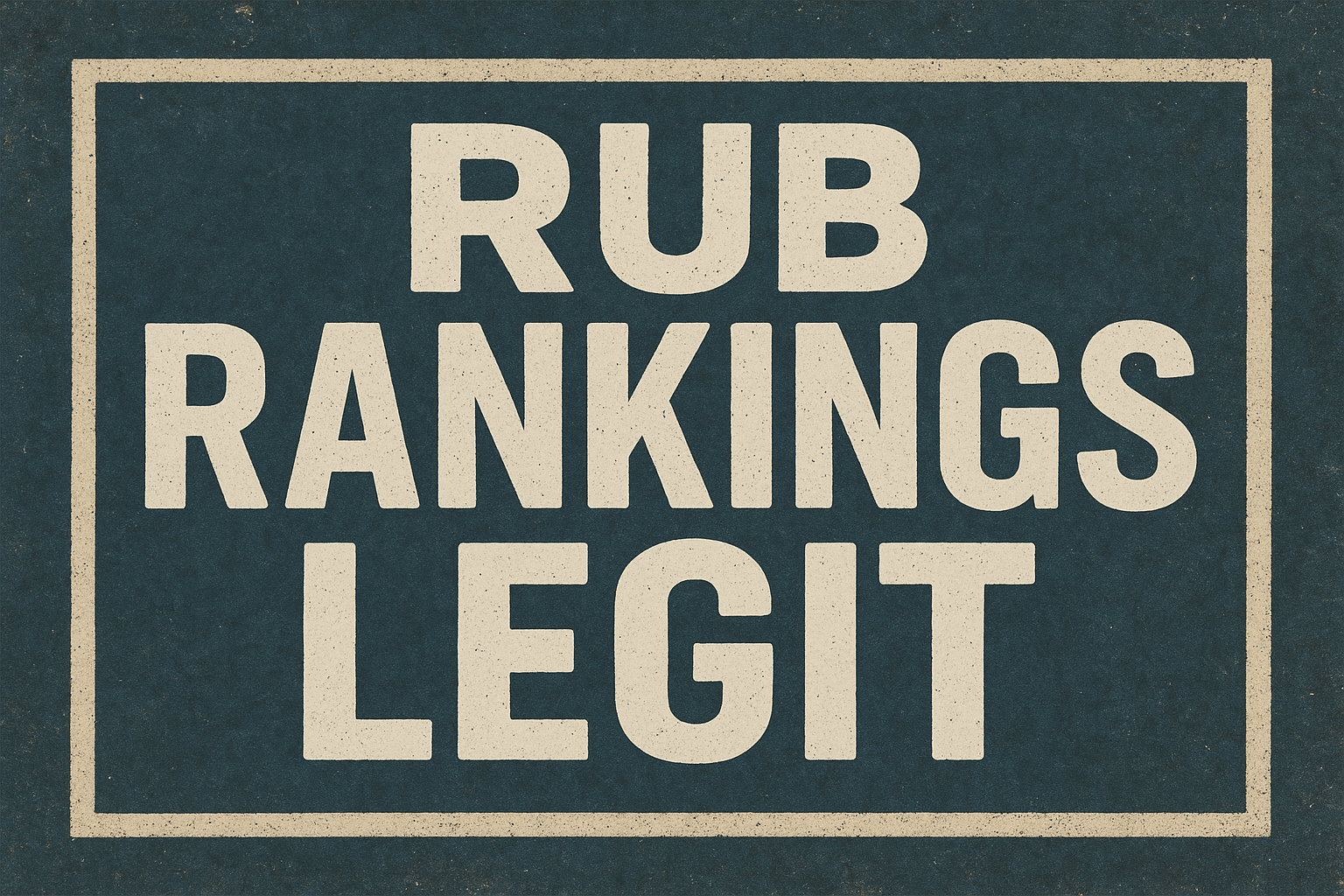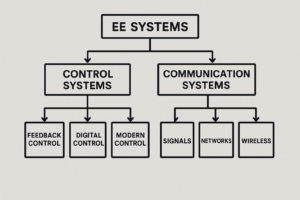It started in a group chat. One of those late-night scroll sessions where someone throws out a link with a “yo, is this for real?” And there it was: Rub Rankings Legit—a phrase that didn’t just question a site, but something bigger. Trust. Anonymity. Curiosity. And maybe even the fine line between transparency and voyeurism.
If you’re here, reading this, chances are you’ve seen the site. Or heard about it. Maybe someone whispered about it in a corner of the internet. Maybe you typed it into a search bar when no one was looking. And the moment that page loaded, you asked yourself what we all ask:
Is Rub Rankings legit?
The Curtain Pulls Back
It doesn’t look like much. The design feels two decades behind. A list. A name. A rating. Sometimes a story. Sometimes too much story. Other times, vague as smoke.
But the structure doesn’t matter. What matters is that people talk. And when people talk anonymously, they say things they wouldn’t say out loud. That’s the first thing you learn when exploring Rub Rankings.
Some of it’s funny. Some of it’s crude. Some of it makes you close the tab. But within all the chaos, there’s a strange honesty that starts to feel real—too real.
You don’t scroll because you trust it. You scroll because you want to know if anyone else saw what you saw, felt what you felt. And the moment you find a post that mirrors your unspoken thought? That’s when you ask yourself again: Is Rub Rankings legit?
Who’s Behind the Curtain?
Nobody uses their real name. Not the reviewers. Not the reviewed. But you start to recognize styles. Cadences. That one guy who always writes in lowercase. The one who uses bullet points. The one who signs off with a dash and a city name.
It becomes personal. Not because you know them. But because you know of them. You start to trust certain usernames. Doubt others. You learn how to read between the lines—how to tell when someone’s angry, heartbroken, obsessed.
In that strange way, Rub Rankings Legit becomes less about the reviews and more about the reviewers. It turns into a character study wrapped in digital anonymity. And it starts to feel, dare I say, intimate.
The Gray Area Between Fact and Feeling
Not every post is accurate. That much is clear. But what matters isn’t whether the exact details are true. What matters is that the feeling is.
I remember a post where someone detailed a session that went sideways. It was emotional, disjointed, and honest. The reply section lit up. Some people mocked. Others offered empathy. But one comment stuck out:
“Even if half of this is exaggeration, I’ve been here. I get it.”
That’s what Rub Rankings Legit captures better than Yelp, TripAdvisor, or Reddit ever could: the emotional residue. The aftertaste of a human interaction.
Legitimacy Isn’t Binary
The deeper you go, the clearer it becomes: legitimacy on Rub Rankings isn’t a yes/no question. It’s a spectrum. Some posts are crystal-clear, thoughtful, almost journalistic. Others read like fever dreams. Some exist only to vent. Some to connect.
And then there are those that are just…there. Strange placeholders for something unspoken.
So is Rub Rankings Legit?
Yes.
And no.
It’s not a court transcript. It’s not a verified receipt. But it is a collection of voices. Of patterns. And in those patterns, truth begins to take shape—not capital-T truth, but the kind that matters when you’re deciding who to trust, where to go, what not to do.
Why People Keep Coming Back
Rub Rankings is more than a directory. It’s a confession booth. A therapy session. A diary that talks back. And for many, it’s a lifeline.
In a world that often demands silence around pleasure, expectation, disappointment, and confusion, Rub Rankings Legit becomes a space where none of those things are taboo.
People keep coming back not because it’s perfect, but because it feels real in a world that’s increasingly filtered and controlled. It’s messy, raw, often problematic. But it’s there.
And for those searching, sometimes that’s enough.




